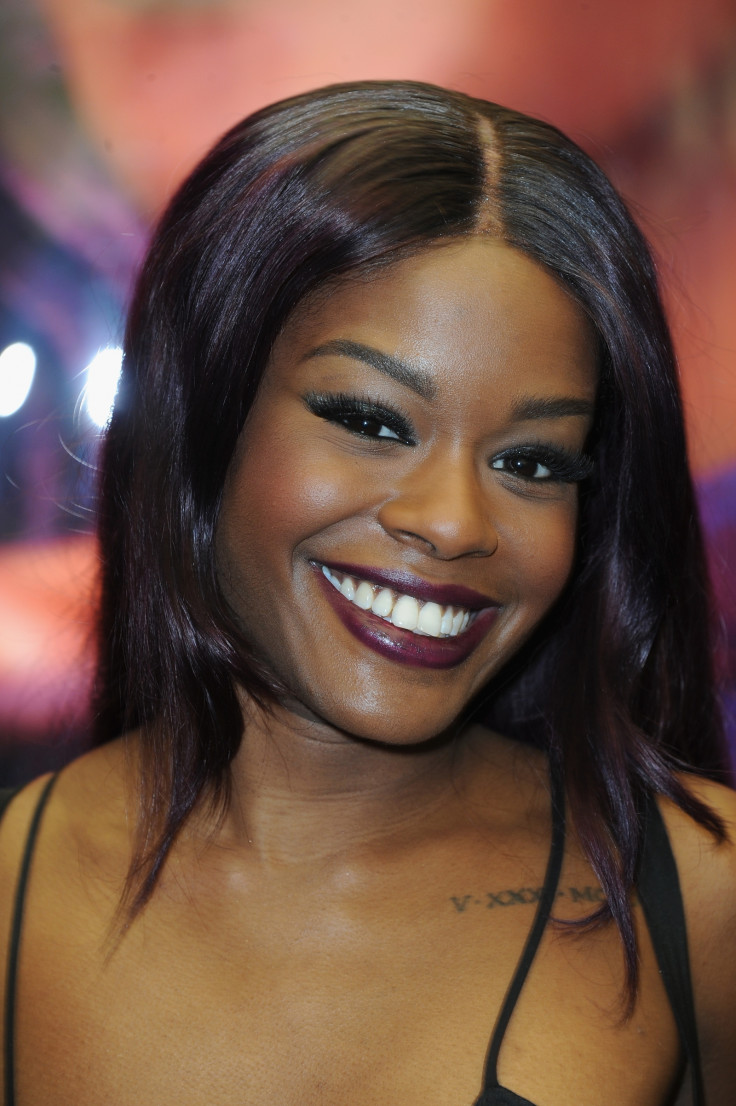Azealia Banks is a victim of a world that sees whiteness as absolute
Banks has defended her decision to bleach her skin, comparing it to wearing a weave.
Not everything that can be compared, should be. This is how laziness obscures a problem. Azealia Banks has balanced the argument for skin bleaching as such: "What's the difference between getting a nose job and changing your skin colour? What's the difference between wearing a hair weave and changing your skin colour?"
Indeed, there is a woman in the world right now being told her feminism is wrong because of her lipstick colour, her implants, or that she has contoured a nose or jawline beyond recognition. But this is not the issue. The assumption that our relationship with appearance is all part of the same universal vanity calmly ignores that hang-ups are not equally distributed. How can they be when racial structures exist?
Sure, capitalism wants each and every one of us to pull ourselves apart. Yet, how much we are affected by the ideals we are expected to represent will vary depending on our starting point. Chances are if you grew up looking closer to the pictures of perfection, there will be less of your appearance you desire to change. But the further away from such an ideal, and what it is that burdens your face or body, will be frighteningly predictable. It is rooted entirely in where it is you stand in a colonially structured society.
In short, what we are insecure about isn't always breast size or cheekbones that don't look as though they could make their way into a fashion magazine — rather, sometimes, what we attach the problem of appearance to, is our race.
The ideal is white. Whiteness is sold as the absolute. It means higher employment, greater renting opportunities, less state violence - and, ultimately, beauty. It is understood that the closer to acceptable whiteness we are, the more opportunities we have in life, and so there is a large community of women who manipulate their appearance in the hope of achieving something similar.

Colourism is a caste system that plays out across the world. It can be seen in depressing adverts for vaginal bleach in India or Nivea deodorant that will whiten your armpits, and across the board it has the same narrative - that the darker you are, the harder love is to find. Horrifyingly, there is truth in this. Black women on dating apps are less likely to be approached for dates or found to be attractive — more so than any other race. And the darker a black woman's complexion is, the worse it gets.
Racism knows to attach itself to the visual. It knows that to make caricatures of people is to remove the human. Is there one ethnicity which hasn't been mocked for what is considered the 'typical' nose of that community, apart from a white European one? In that sense, Azealia Banks isn't wrong. There is no difference between a nose job and skin bleaching if the root of the surgery is to adhere to ideals of Europeanism.
But skin bleaching is toxic. It is worth remembering this, as an aside from the debate around racial politics. Melanin is reduced by using products that contain mercury and hydroquinone and many of the products sold (even in the UK) are illegal. They have been known to cause excessive damage to not only the skin but also human organs, leaving some women close to death.
We are not all expected to be activists, nor should we expect to live our lives in the narrow confines of a binary; the reaction to the system. Women must manage themselves in the world that exists, and are not awful feminists simply for embodying aspects of the patriarchy in order to survive.
Likewise, Banks — and women of colour like her who bleach their skin, or alter their appearance from a place of racially insecurity — are not to be undermined for their politics and fight within black and brown movements. It is sad that we are here, but it is not their fault. "As a black person in this world you assimilate," Banks says. But she is wrong, because we must challenge unattainable beauty standards in this world if we are truly to survive it.
© Copyright IBTimes 2025. All rights reserved.




















